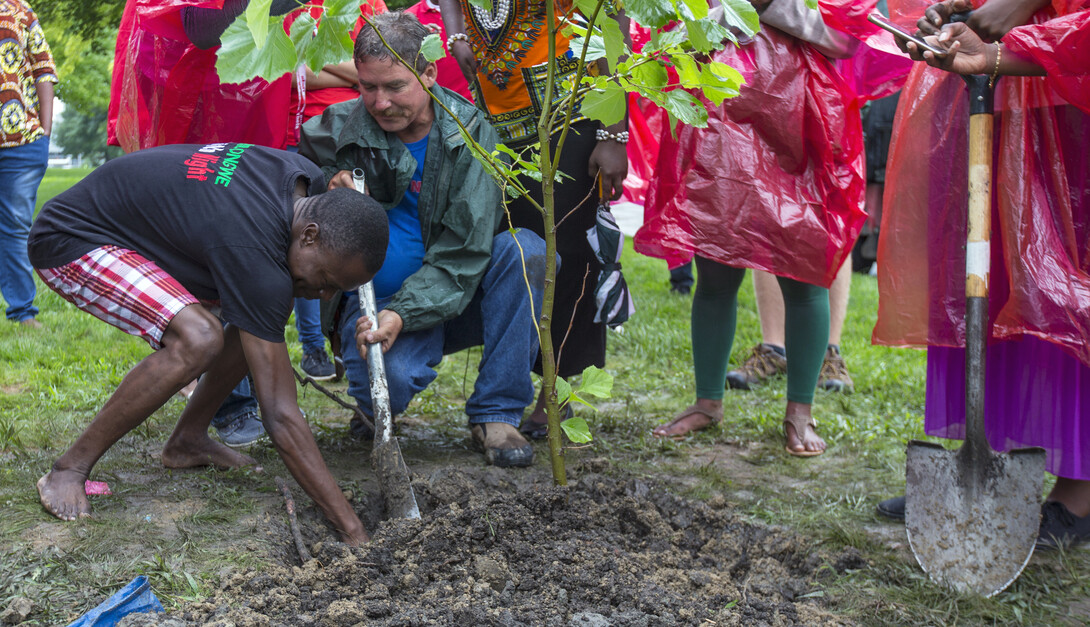
The University of Nebraska-Lincoln is again among an elite group of American institutions that will host a group from the Mandela Washington Fellowship for Young African Leaders this summer.
The university will welcome 25 emerging leaders from sub-Saharan African nations for a six-week Academic and Civic Leadership Institute in June. Nebraska is one of 27 institutions selected to serve as institute partners with the U.S. State Department and the International Research and Exchanges Board, which co-sponsor the program.
This is the second year Nebraska has participated in the program and it is among seven Big Ten institutions hosting fellows.
Since 2014, the Mandela Washington Fellowship for Young African Leaders has selected more than 3,000 leaders between the ages of 25 and 35 to visit the United States and focus on one of three areas: civic leadership, business and entrepreneurship, and public management.
Working closely with the U.S. Department of State’s Bureau of Educational and Cultural Affairs and its implementing partner, IREX, host institutions offer academic and leadership programs that challenge, inspire and empower these inspiring young leaders from Africa. The summer 2018 program will include 700 fellows participating at the 27 institutions.
Sonia Feigenbaum, associate vice chancellor for international engagement and global strategies, led Nebraska’s effort to participate in the program. The Office of Global Strategies has partnered with offices, colleges and faculty across the university to create a dynamic and engaging program for the fellows.

Being selected as a host institution builds upon Nebraska’s work to set itself apart as an international destination for higher learning, Feigenbaum said.
“This is yet another example of our commitment to increase global engagement at Nebraska,” she said.
Maegan Stevens-Liska, director of Nebraska’s Office of Global Strategies, said the university is excited to again be a Mandela Washington Fellow host.
“This program offers the university community an opportunity to continue to build relationships and think more on a global scale,” Stevens-Liska said. “We will gain new insights, learn from their shared experiences and have conversations that lead to new ideas and solutions for shared global concerns.”
Feigenbaum said the institute will include academic instruction and discussion on a range of issues, including business, leadership, entrepreneurship, development and human rights, and communications and organizational development. The fellows will also participate in community service and engage with local and state leaders.
“The fellows will have the opportunity to work with our faculty from many disciplines,” Feigenbaum said. “They will also learn from and share their expertise with civic organizations across the state.”
The 2018 session is June 20 to July 30. Learn more about the Mandela Washington Fellowship.







